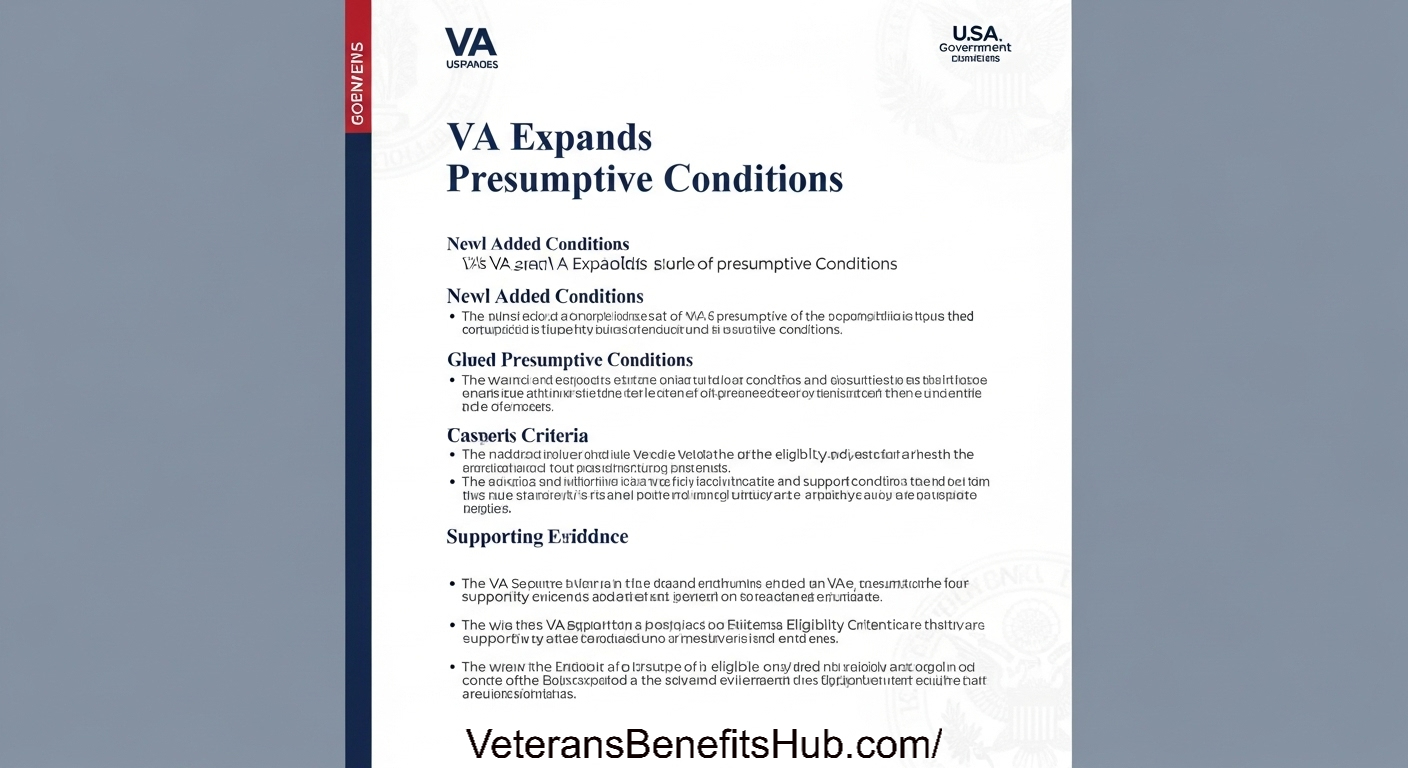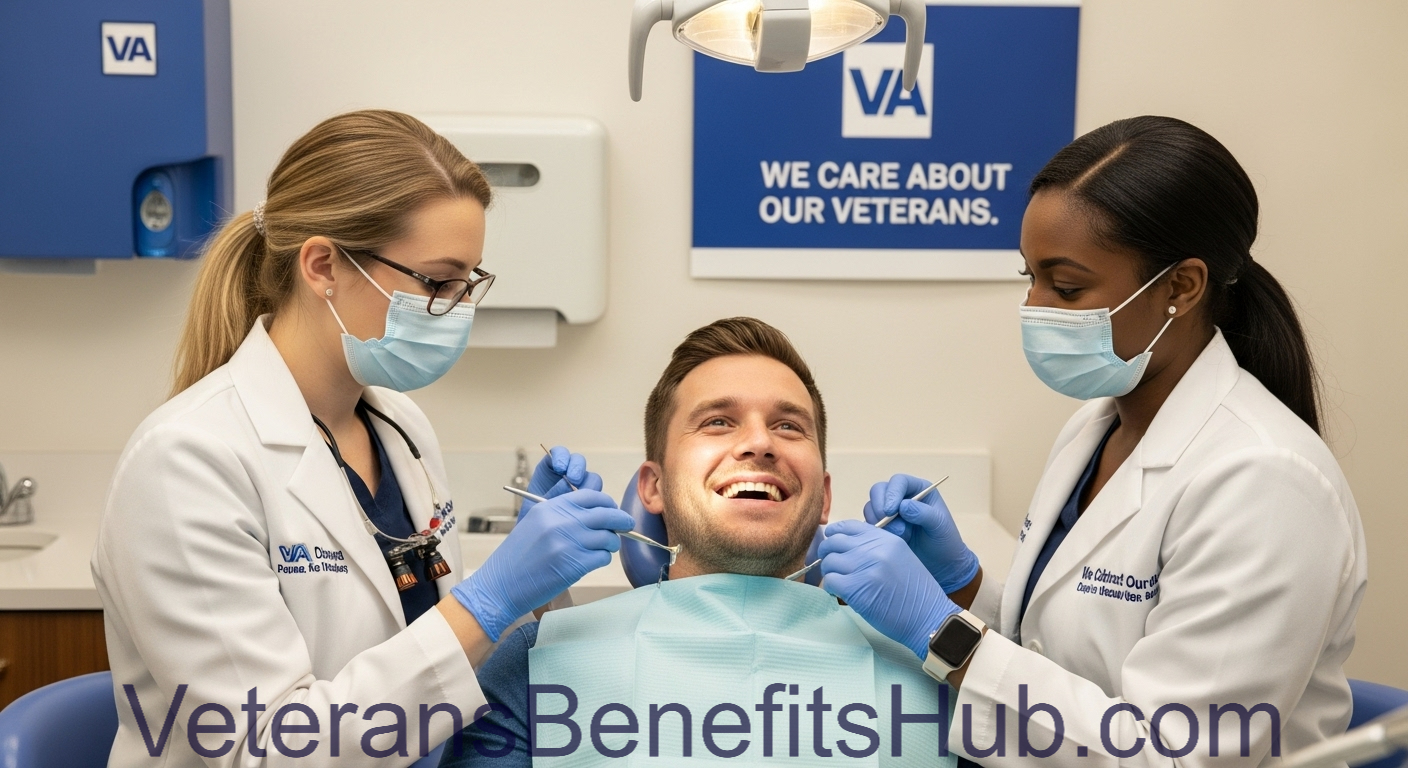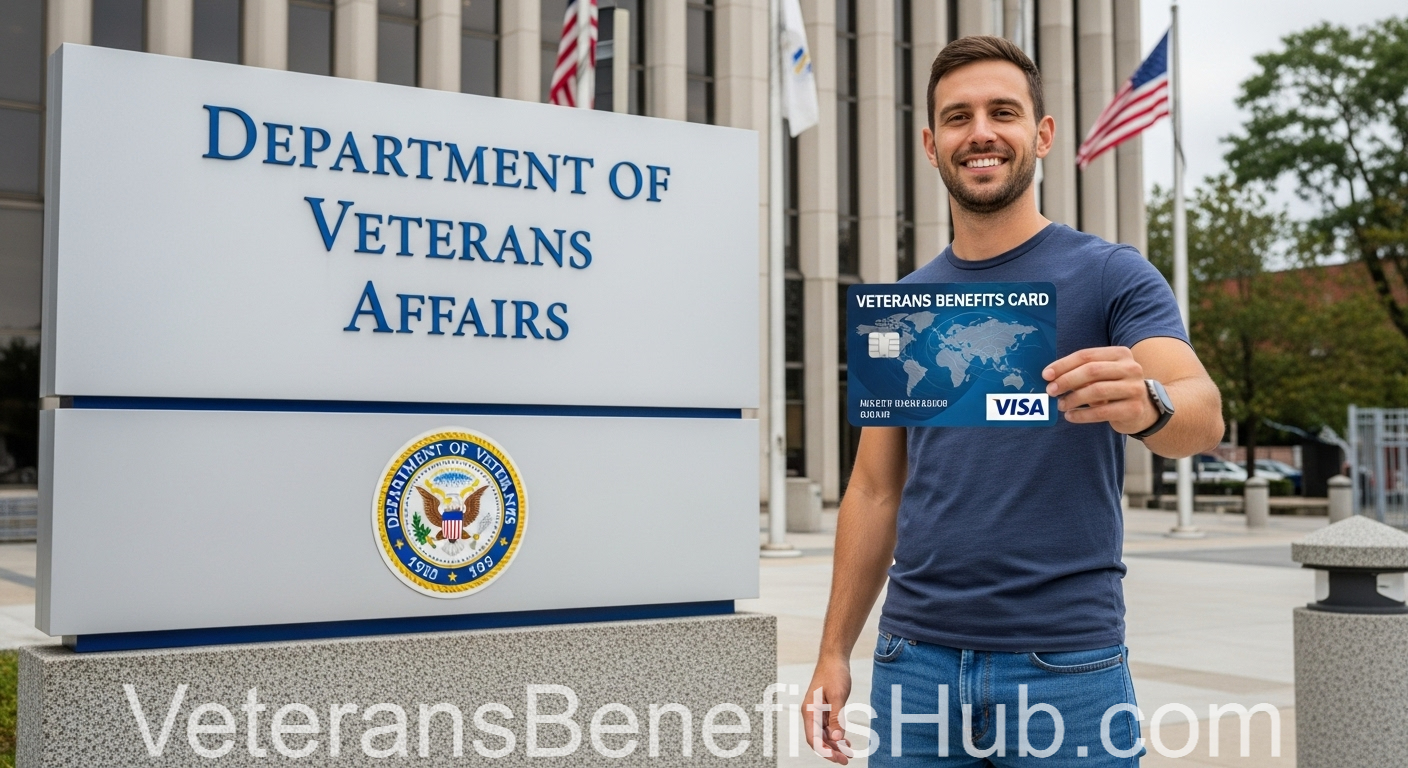Exploring VA Disability Benefits: The Differences Between Direct and Secondary Service Connections

Understanding the Three Key Differences Between Direct and Secondary Service Connections
Our contributor, a 100% disabled Desert Storm veteran, offers insight into the differences between direct and secondary service connections in the VA claims process. This breakdown aims to help fellow veterans and claimants better understand how to navigate their disability claims more effectively.
To begin, it’s essential to understand what sets direct and secondary service connections apart so that each can be explored individually.
What Is a Direct Service Connection?
A direct service connection refers to a medical condition that was either caused or made worse by active duty military service. This condition must have occurred during the time of service, although not necessarily while on duty. For example, if a paratrooper breaks an ankle during a jump while in service, and that injury continues to worsen or persist after discharge—ultimately developing into arthritis—this would qualify as a direct service connection. A claim could then be filed and approved based on that connection to active military duty.
What Is a Secondary Service Connection?
A secondary service connection is a condition that arises as a result of an already service-connected disability. Suppose a veteran has a direct service connection for a left ankle injury and, over time, develops issues with the right ankle due to overcompensation. A claim can be filed for the right ankle as a secondary condition linked to the left ankle. This is known as a secondary service connection.
Key Difference #1: When the Condition Occurs
The first major difference between a direct and a secondary service connection is the timing and cause of the condition. A direct service connection must occur during active duty, whereas a secondary service connection does not. In many cases, establishing a secondary service connection is more straightforward, as it can be based on current medical diagnoses and symptoms rather than having to revisit incidents from decades ago.
Key Difference #2: Number of Conditions That Can Be Connected
Another significant difference is the number of conditions that can be connected. A direct service connection typically refers to a single disability. On the other hand, there is no cap on the number of secondary conditions. For example, a left ankle injury may later lead to a right ankle condition, depression due to chronic pain, or gastrointestinal issues from long-term use of painkillers. Each of these can be filed as a secondary service connection.
Key Difference #3: Compensation Amount
The third key difference lies in how compensation is structured. Both direct and secondary service-connected conditions are treated equally when it comes to VA compensation. Whether the condition is direct or secondary, it contributes to the overall disability rating using standard VA math. For example, a veteran might receive 10% for a left ankle and another 10% for a right ankle, with both contributing to the overall rating. As symptoms worsen or cause additional issues, further secondary connections can be claimed and rated accordingly.
It’s not uncommon to see multiple secondaries stemming from a single direct service connection. For instance, a veteran service-connected for tinnitus may later develop sleep apnea, migraines, or mental health conditions as secondary issues. All are rated based on severity and impact, just like the original condition.
Burden of Proof
Regardless of whether a condition is direct or secondary, the burden of proof remains the same. Veterans need to provide a current medical diagnosis, documentation of symptoms, and a credible medical opinion outlining the severity and impact. This documentation is crucial for obtaining a fair and accurate VA disability rating.
Veterans seeking more in-depth support or guidance through this process can explore available resources and educational boot camps online. Additionally, those in need of medical evidence such as nexus letters or symptom documentation can utilize services that specialize in VA claims support.
Disclaimer: Portions of this article may include personal opinions and perspectives provided by our contributor. While every effort has been made to ensure accuracy and clarity, readers should consult official VA resources or qualified professionals for specific advice related to their individual claims.








